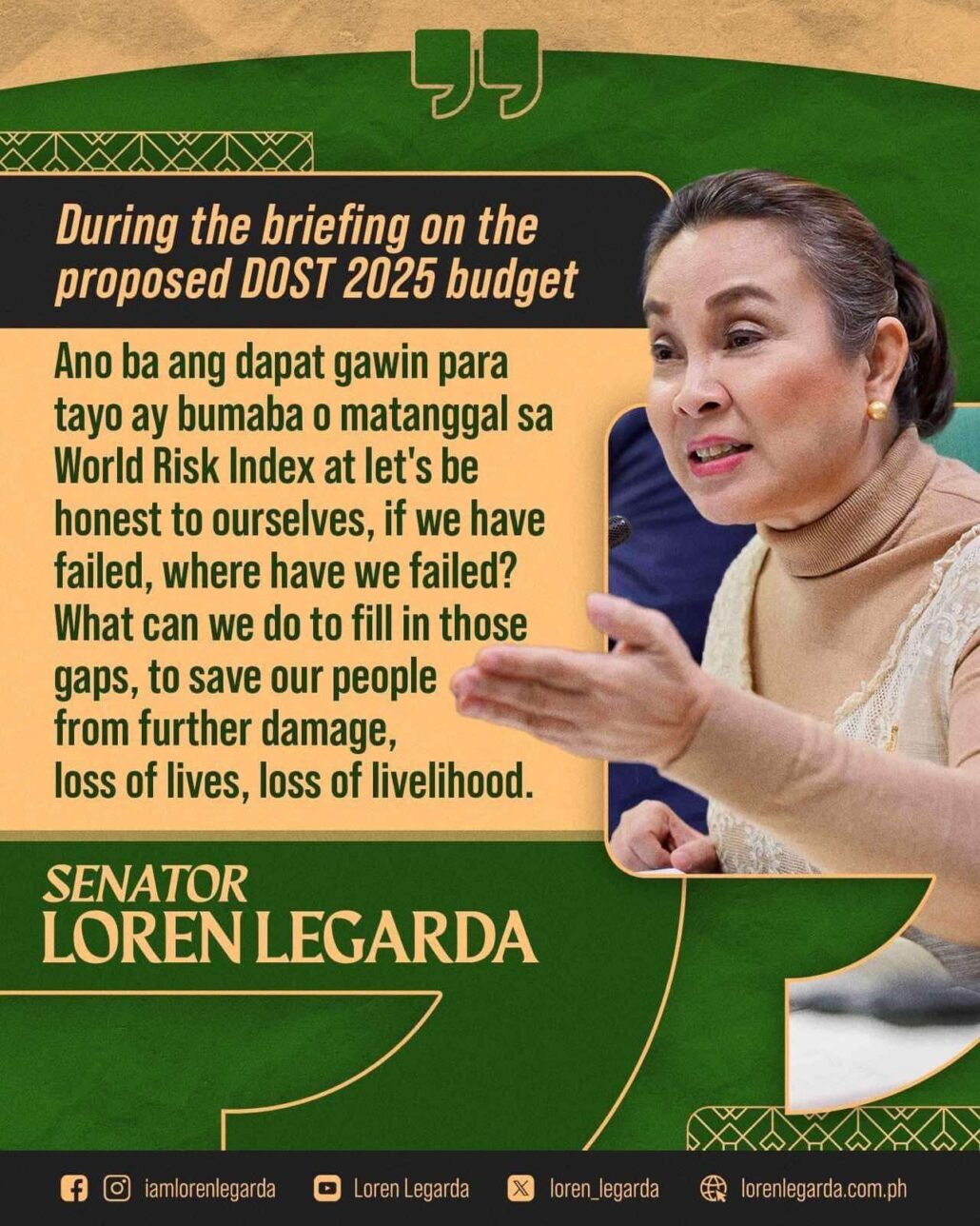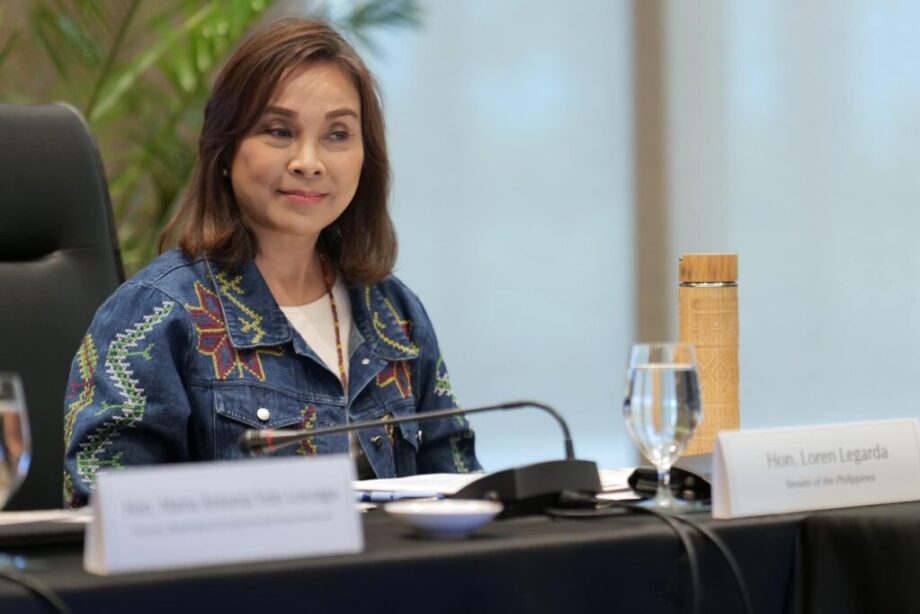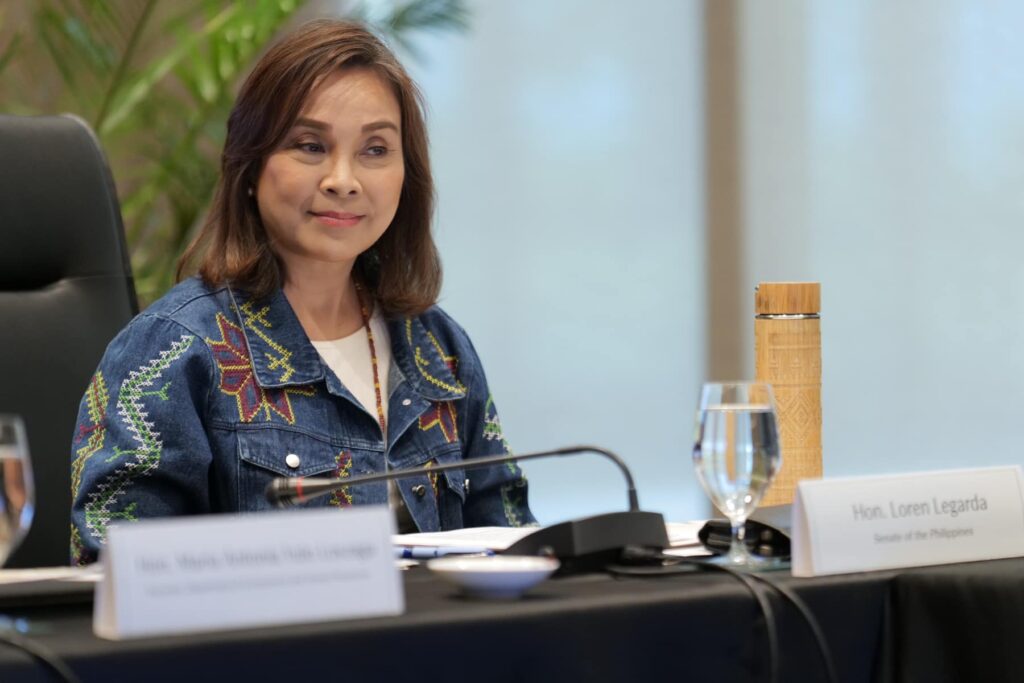The 2024 World Risk Report by the Institute for International Law of Peace and Armed Conflict at Ruhr University Bochum and the Bündnis Entwicklung Hilft reveals a distressing reality: the Philippines has the highest World Risk Index (WRI) among 193 countries for the third consecutive year. With a WRI of 46.86, we are again at the top of the list.
We have long understood that the Philippines grapples with a daunting challenge due to our geographical location. With our location in the Pacific Ring of Fire, we endure the constant threat of destructive typhoons, earthquakes, and volcanic eruptions. Climate change has only exacerbated these risks, bringing more frequent and severe disasters that disproportionately affect our most vulnerable communities—those living in poverty, the elderly, children, and people with disabilities.

The gravity of this situation is clear. Amidst our demands for progress and our effort to address the regressive effects of disasters, we must rethink our approach toward development. I always say this should be based on resilience and sustainability. Development must be pursued with responsibility, accountability, and proficiency for good governance. Development should reduce rather than produce risks to our society and our economy.
As a UNDRR Global Champion for Resilience, I advocated for landmark legislation such as the Philippine Disaster Risk Reduction and Management Act, the Climate Change Act, and the PAGASA Modernization Act, among others, to strengthen our country’s disaster risk reduction and management systems, improve climate resilience, and ensure that we are better equipped to cope with and adapt to the challenges. However, despite having the necessary laws, scientific data, and technology, the risk remains high if the people and local governments do not properly implement or follow these measures. Our resilience depends not only on laws and systems but on how well we implement them in practice. We must ensure meaningful action to address our vulnerabilities – protecting ecosystems, ensuring proper waste management, and enforcing sustainable land-use practices.
The urgent task of reducing risks and vulnerabilities in the context of poverty, social inequality, conflicts, and climate change has now become synonymous with the fight for the survival of humanity and securing a resilient, progressive, and sustainable Philippines for future generations. Reducing risks and saving our country and our planet are tasks no one can afford to overlook. It has been three consecutive years that we are on the top spot and have been in the top 10 since 2011, we should have been alarmed at the very beginning. We cannot afford to delay any longer and continue to expose our people to the escalating risks we face.







